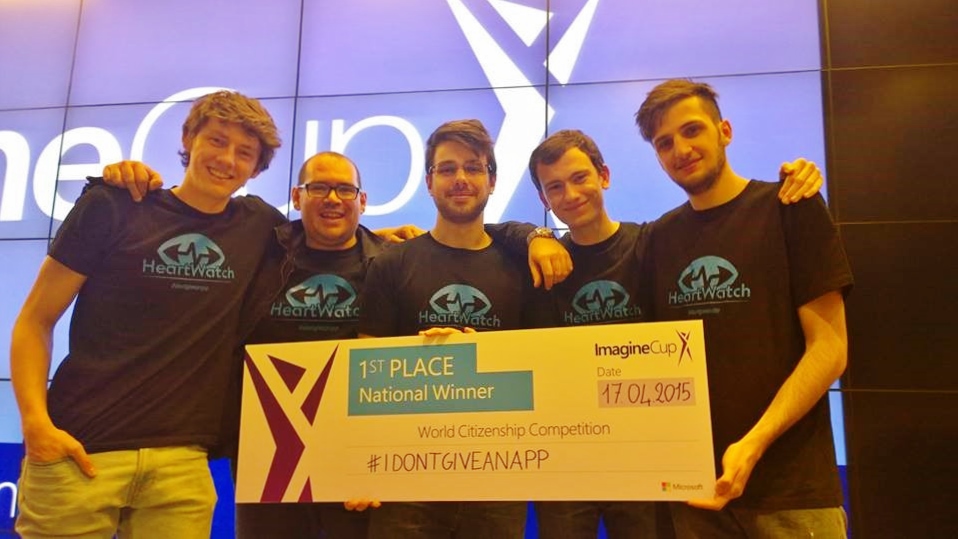The concept of mobile health (mHealth) is well-established, having shifted beyond the world of the health professional to become a compelling consumer proposition – last year, shipments of wearable electronic devices for fitness hit 70 million units (Gartner, October 2014). Innovations in this area promise to hand control of health and wellbeing back to the individual. By giving people access to their personal health information, they can be empowered to make better decisions regarding how they take care of their bodies.
In fact, public sector organisations are actively building wearable technology into their future plans. The medical director of the UK’s National Health Service, for example, recently stated that wearable technologies and fitness tracking devices would play a vital part in the organisation’s future, leading to a “revolution in self-care.”
Growing interest in this area has translated into a range of promising entries in this year’s Imagine Cup, with a total of five health related finalists. Among these is #idontgiveanapp, a four strong Italian team responsible for developing HeartWatch, an app capable of detecting cardiac arrhythmia. By constantly checking the user’s heartbeat via the Microsoft Band fitness tracker, HeartWatch is able to generate notifications about any anomaly your heart may experience. The HeartWatch processes data in real-time via Microsoft Azure cloud services. If any anomalous activity is detected, HeartWatch has three different notifications, depending on severity, delivered via a smartphone app. For individuals with serious conditions, HeartWatch can even be set up to notify select friends or family by SMS should the user’s condition deteriorate.
The team had a personal reason for focusing on this particular area, with one member’s mother and grandfather suffering from heart disorders. Unfortunately his grandfather passed away, due to late detection of the heart condition that prevented care from being administered in time. Fortunately, his mother’s arrhythmia was diagnosed early enough to allow treatment that would eventually save her life.
The heart is the engine that drives all of us. Sadly, conditions can develop that impact its health. Effects are often minor in the early stages, developing into more serious complications over time. Early detection significantly reduces risk, but can be difficult due to a lack of tangible symptoms. It was the growing popularity of wearable fitness trackers that led the team to realise that they could do something about this problem. Ultimately, the team is passionate about empowering people to use their health data to save lives. Read more about their work here.




